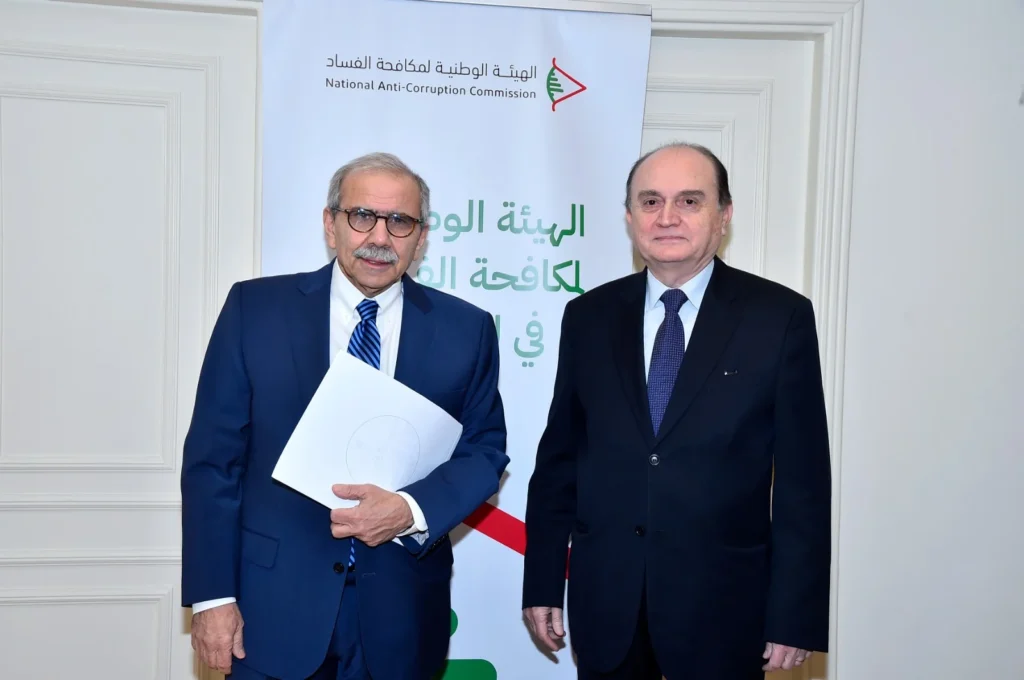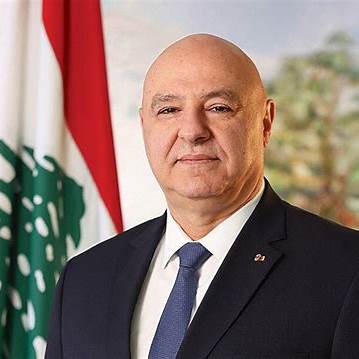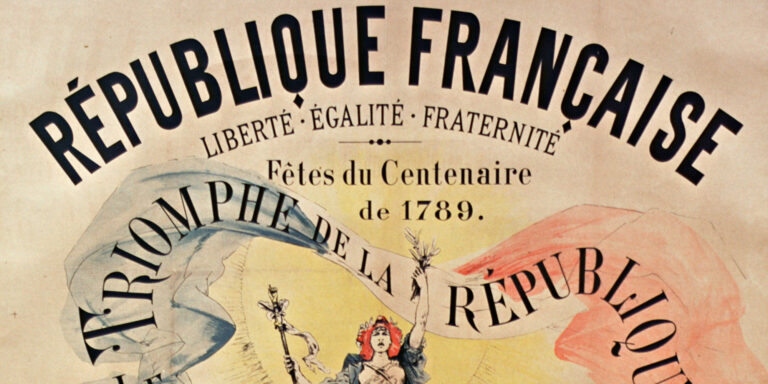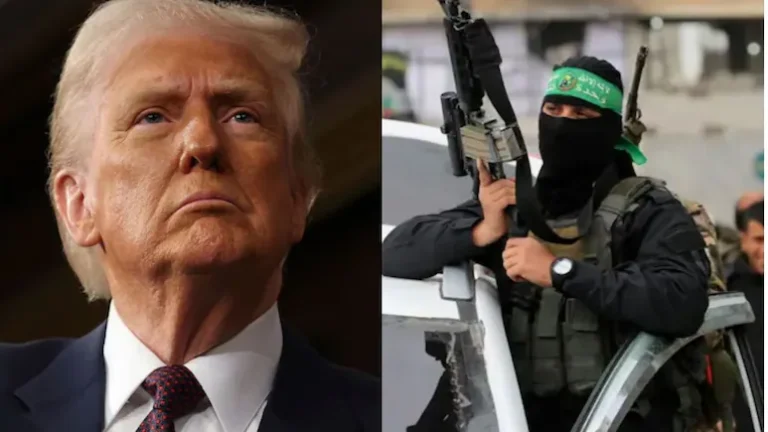In a landmark political shift, Lebanon has chosen General Joseph Aoun as its new president and appointed Nawaf Salam as prime minister, bringing an end to years of political gridlock and reigniting hopes for a brighter future among its citizens.
Joseph Aoun: From Army Chief to Head of State
On January 9, 2025, the Lebanese parliament elected General Joseph Aoun, the 60-year-old leader of the armed forces, as the nation’s 14th president, finally filling a post left vacant since October 2022. Aoun secured 99 out of 128 votes in the legislature, demonstrating broad political backing.
Aoun’s tenure as commander of the Lebanese Armed Forces since 2017 has been marked by his steadfast commitment to national security and stability. He has cultivated strong ties with global partners, including the United States and France, reinforcing Lebanon’s strategic alliances. In his first speech as president, Aoun reaffirmed the state’s exclusive right to wield arms, hinting at a potential recalibration of power dynamics, particularly concerning Hezbollah’s influence.
Nawaf Salam: A Diplomat Takes the Reins

Appointed prime minister Nawaf Salam presenting his declaration of assets
Shortly after Aoun’s election, Nawaf Salam—an esteemed diplomat and president of the International Court of Justice—was designated as Lebanon’s new prime minister on January 14, 2025. With a deep background in international law and a previous role as Lebanon’s ambassador to the United Nations, Salam is seen as a capable figure ready to steer the country through its pressing challenges.
The newly appointed prime minister faces the daunting responsibility of assembling a government that can tackle Lebanon’s severe economic crisis. His selection has been met with cautious optimism, as many view him as a departure from entrenched sectarian politics and a beacon of potential reform.
A Fresh Start for Lebanon
The leadership duo of President Aoun and Prime Minister Salam steps in at a pivotal moment for Lebanon. The country remains burdened by the lingering effects of an economic meltdown, systemic corruption, and regional instability. The fragile ceasefire with Israel, recently mediated by international actors, adds another layer of complexity to the administration’s responsibilities.
Lebanese citizens, fatigued by years of economic distress and political inertia, are hopeful that this leadership will place the nation’s welfare above sectarian divides. The successful formation of a new government after more than two years of stagnation is a positive sign, but the true test will be in delivering real change—fighting corruption, implementing much-needed reforms, and revitalizing the economy.
Global stakeholders have also responded positively to these developments. The United Nations and the European Union have voiced their support for Lebanon’s new government, urging swift action on reform initiatives to ensure long-term stability in the region.
As Lebanon embarks on this renewed political journey, the collective dream remains one of unity, recovery, and enduring peace. The challenges ahead are formidable, but with determined leadership and the resilience of its people, the nation stands on the precipice of a transformative era.




